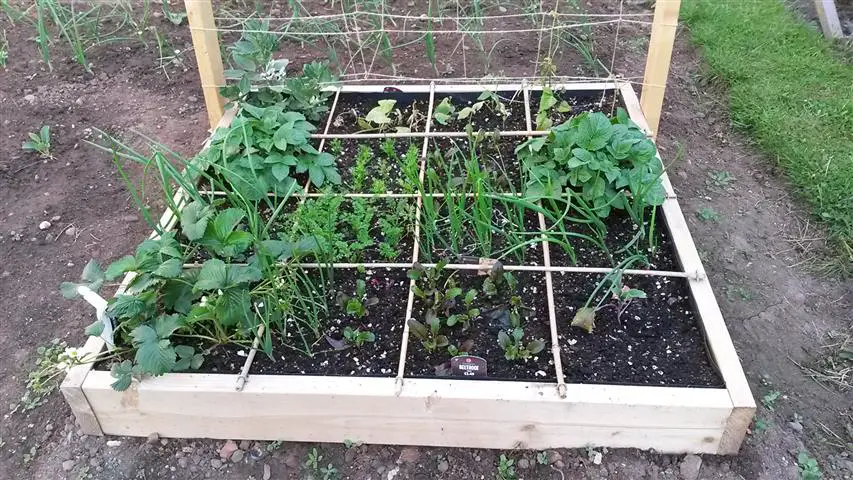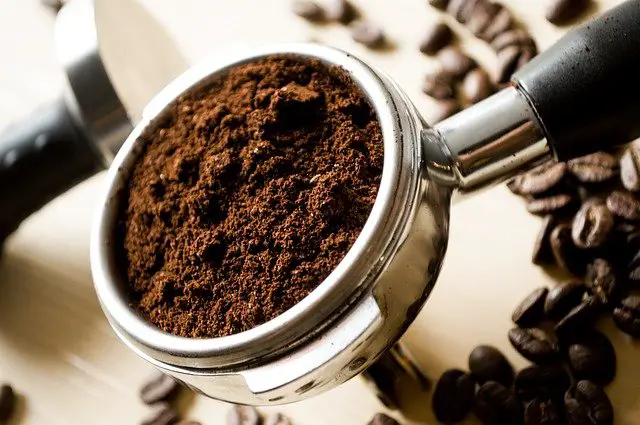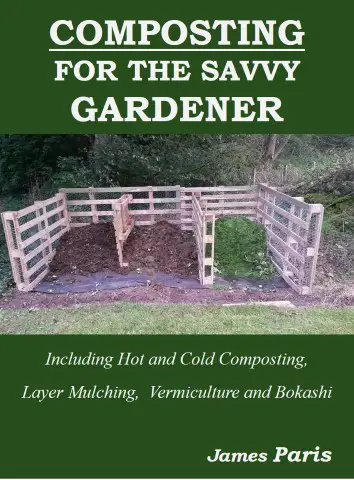The issue over whether to add used coffee grounds (or grinds) to the vegetable garden is one that concerns many gardeners at this time. It could be simply because of the massive growth of coffee shops, and the subsequent increase of availability of coffee grounds.
Either way, the fact remains that if coffee grounds are in fact good for the garden then it would be prudent to use them that way rather than just toss them into the landfill.
Do used coffee grounds benefit raised beds
Coffee grounds are fairly rich in minerals and nutrients containing varying levels of nitrogen, potassium, calcium, phosphorus and magnesium – all of which benefit the raised bed gardener who is mainly interested in growing vegetables.
The levels of these elements vary because there are a few things to take into consideration such as the particular coffee bean used. How fine was the grind and how long the coffee was percolating for.
This is important to point out because there are some who say that you should never add used coffee grounds to the garden because of their high acidity levels.
However this is in fact bad advice. The key word here is ‘USED’ coffee grounds. Coffee grounds by themselves are not in fact acidic at all. The acid levels are in fact in the liquid coffee, and the grounds themselves are close to pH neutral (between 6.5 to 6.8 pH).
So the answers is YES. Used coffee grounds do in fact benefit raised beds or indeed any garden where the plants like a nutrient rich environment with plenty mineral content.

The most important thing here is not to overdo it. Too much of a good thing almost always becomes a bad thing – and so it is with coffee grounds.
Some folks try and use coffee grounds as a mulch around their plants, however this can just create a thick toxic blanket. This is because the coffee plant is allelopathic, meaning that it produces chemicals that inhibit the growth of other plants near it.
So the key thing here is to use coffee grounds with discretion, not as a thick mulch – and certainly do not use them as a mulch around plants you favor.
More benefits of Coffee grounds in the garden.
- Soil amendment: Coffee grounds make an excellent soil conditioner as they add valuable key nutrients (especially nitrogen), help with drainage and improve the friability of the soil.
- Pest control: There is some evidence to say that the grounds themselves – which are sharp and abrasive – make a good slug deterrent, and also good for insects owing to the toxic nature of coffee for many garden pests. To add to this, caffeine is a neurotoxin and even a 2% concentration is fatal to slugs.
- Encourage worms: The nitrogen content of the coffee grounds attracts the garden worms which themselves add immensely to the soil condition of the garden.
- Good for compost: Adding used coffee grounds to the compost is giving it a real boost of nitrogen and other key nutrients. Coffee grounds although they look brown are included in the ‘green’ elements of compost. Studies have been done that show compost with coffee grounds added makes a more nutrient-rich compost. It also makes an excellent addition to the vermicomposter.
- Good for growing mushrooms! Mix coffee grounds and sawdust together with your mushroom spore. Water accordingly and you have created ideal conditions for growing mushrooms.
How to use coffee as a slug deterrent
Slugs are regarded by many vegetable gardeners as public enemy number 1, and so anything that can be done to eradicate or at least discourage slugs is a good thing.
So with this in mind – why not share a coffee with your garden slugs! Simply make a pot of coffee and sprinkle it into the soil around your precious veggies maybe one a week or so.
You can also sprinkle the grounds around the surface of the soil to help discourage slugs.
Whilst it will not stop all slugs from feasting on your veggies, it seems that for some at least the coffee grounds are at least a deterrent to them.
Check out this video to see how they react on a table-top test
Does Red Bull kill slugs?
This is an interesting question, and the answer would seem to be the same as for coffee – it is definitely a slug deterrent but is unlikely to actually kill them unless they drown in it as they do with beer traps.
The reason the question is asked is that Red Bull, like most other energy drinks, is high in caffeine and therefore poisonous to slugs and many other garden pests.
Composting coffee grounds
Adding coffee grounds to the compost heap is perhaps preferable to just adding directly to the soil, especially if you have a significant amount of coffee grounds available.
For the reasons pointed out above, too many coffee grounds added direct to the soil can have a detrimental effect on your plants. However by adding them to the compost heap you are adding valuable key nutrients such as nitrogen to the compost, which will help the overall nutritional value.
Over the process of time the concentrated nature of the caffeine will be diluted by the composting process.
Just be sure not to add clumps of coffee grounds into the compost without breaking them up into powder before adding to the compost. Otherwise the coffee clumps will just sit doing nothing in the compost heap and still be there when you go to use the compost months later!
Gardening coffee grounds Conclusion
The bottom line is that yes, coffee grounds can be used in raised beds, no dig gardens and traditional gardens – if they are used with a little prior knowledge of just what exactly coffee grounds contain in the way of nutrients.
Overall I consider used coffee grounds as a definite advantage in and around the vegetable patch, and indeed the compost pile.
As a vegetable gardener I have used coffee grounds in this way for many years with great success – especially around the tomato plants.
So if you are a heavy coffee drinker, or have a ready supply of used coffee grounds perhaps from the nearest Starbucks – time to get out the coffee!


